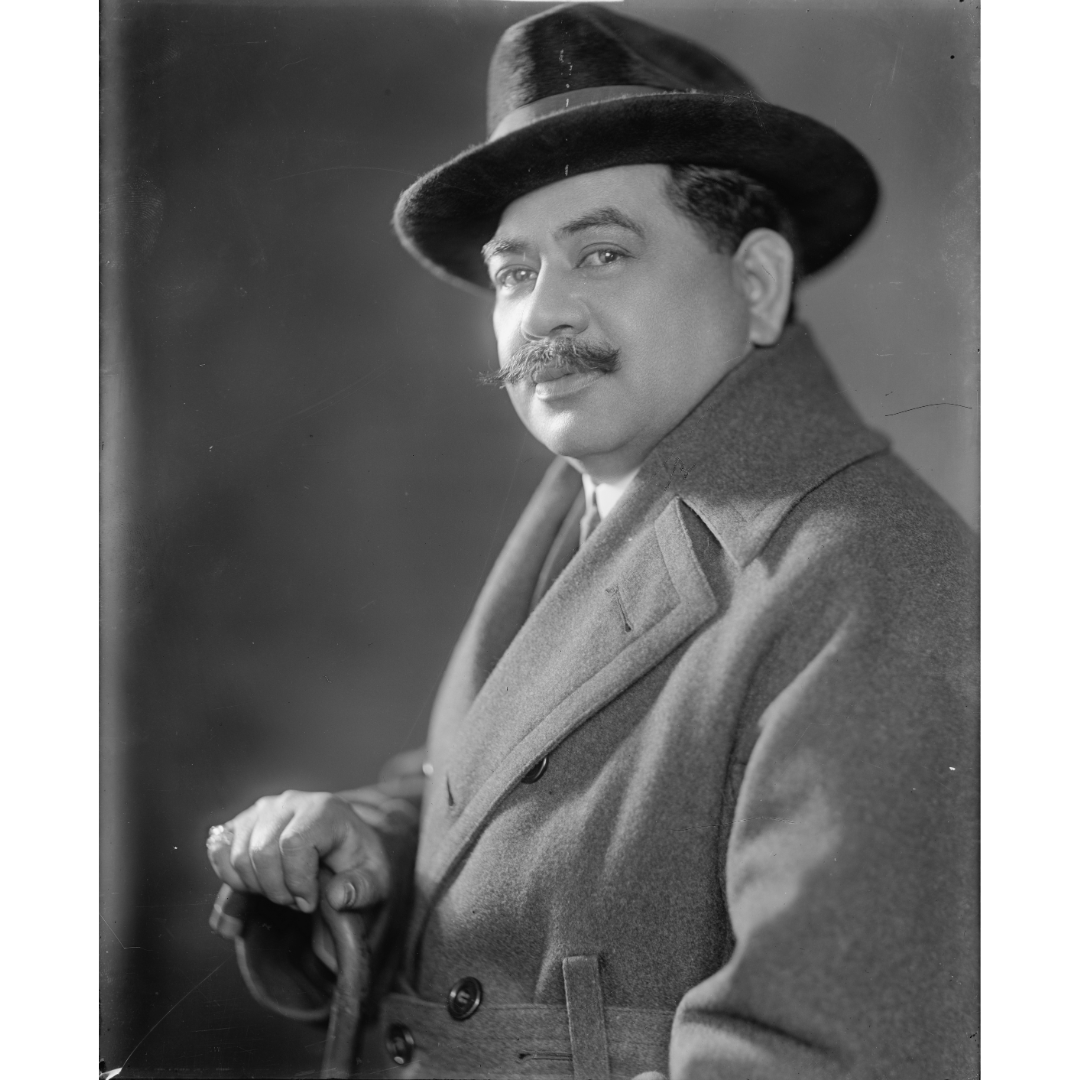
Our History
The Hawaiian civic club movement was the fulfillment of a dream for Prince Kūhiō (Mar 26, 1871-Jan 7, 1922), who was born in Koloa, Kauai Island. In 1895, he joined Queen Liliuʻokalani to help re-establish her government, though this effort ended unsuccessfully. Prince Kūhiō served as a congressional delegate from 1902 to 1922, during which time he secured Congressional approval of $27 million for the establishment of Pearl Harbor and Hawaii National Parks. He also represented the Territory of Hawaiʻi and introduced the first statehood legislation.
In 1921, he fathered the Hawaiian homestead program initiated by a Congressional Act. He was deeply concerned that his people should know more about government and the broader community, so they could continue the tradition of civic responsibility he believed was vital to the development of Hawaii and its people for a better way of life.
John Lane, John Wise, and Noah Aluli were among those principally involved in the planning and formation of the pioneer Hawaiian Civic Club that began in 1917. The club aimed to support initiatives benefiting the native Hawaiian community. This movement stemmed from Prince Kūhiō’s concern over the decline in the spirit of the Hawaiian people, the devastating spike in their mortality rate, and the fear that they would lack the educational skills needed to protect their interests.
Prince Kūhiō specifically believed that the future of the Hawaiian community could only be protected and promoted through an organized effort by Hawaiian leadership. He saw that the Hawaiians should help their young people secure an education that would enable them to compete successfully in the new cultural environment introduced to Hawaii in the 19th century.
Thus, the Hawaiian Civic Club was formed with several key objectives: to provide scholarship aid for the education of Hawaiian students; to preserve and promote the Hawaiian heritage, traditions, language, and culture; to support organizations working to improve the conditions of the Hawaiian people and the community at large; and to promote legislation beneficial to the Hawaiian community. Additionally, the club sought to perpetuate the values that dignify all human life, which form the moral and ethical foundation of cultural expressions, contributing to a unique, rich, and enduring legacy of the first people of Hawaiʻi nei.
AOHCC leadership at their retreat and conference in January 2024.
As a result of Prince Kūhiō's vision, AOHCC is the oldest Hawaiian community-based advocacy movement. Our organization is now a federation of approximately 65 individual civic clubs located across Hawai‘i and the continental United States. These clubs are organized into five councils: Moku o Keawe (Hawai‘i Council), Nā Hono A‘o Pi‘ilani (Maui Council), Ke One o Kākuhihewa (O‘ahu Council), Moku o Manokalanipō (Kaua‘i Council), and Nā Lei Makalapua (Mainland Council).
AOHCC is governed by an 18-member volunteer Board of Directors that advocates for the improved welfare of Native Hawaiians in culture, health, economic development, education, social welfare, and nationhood. It also works to perpetuate and preserve the language, history, music, dance, and other Native Hawaiian cultural traditions.
The mission of AOHCC is to effectively advocate for the educational, civic, health, cultural, economic, and social well-being of our lāhui. It accomplishes this mission through the annual calling of a convention, where delegates from all clubs come together to discuss and debate issues that affect its multifaceted mission. Throughout the year, committee and club meetings are held to do research and recommend positions for AOHCC on various issues.
At the convention and at all meetings, in keeping with Prince Kūhiō's dreams for his people, delegates and members are educated on the issues and given the opportunity to hone their leadership skills. This includes leading committees and articulating their positions. Once the annual convention is held, AOHCC and club leadership meet with policymakers and government officials to advocate on behalf of the policy positions that have been adopted.
AOHCC is a 501(c)(4) advocacy organization. As a 501(c)(4), it is somewhat limited in its ability to raise funds to accomplish its tasks and fulfill its mission. In 2018, under the guidance and leadership of Ron Jarrett, ASH was formed with a similar mission and purpose as AOHCC. ASH was created as a way to more effectively raise funds to support both organizations' missions.
ASH focuses on raising funds to support the educational and training aspects of AOHCC/ASH activities, helping to develop Hawaiian leaders and enhance their civic kuleana. It also assists clubs with some of the logistical tasks of running a club or council, such as funding a master liability insurance policy for all clubs and providing Zoom licenses for all clubs. These resources allow for more frequent meetings and communication, enabling the clubs and councils to focus directly on the programs that accomplish their missions.
In addition, ASH helps fund activities that celebrate our founder and support many of the cultural activities that are part of the mission of both ASH and AOHCC, as desired by Prince Kūhiō. ASH is involved in many of these activities, which are crucial for perpetuating Hawaiian traditions, culture, and language.

